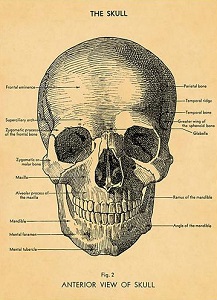









Jesus said to him, “No one who puts his hand to the plow and looks back is fit for the kingdom of God.” Luke 9:62
I’m about to write about what the Bible says about men, women, and the church, and I do so with a sense of weariness at what might follow.
I have come to truly, truly hate the conversation among Christians about what the Bible says about the sexes and their roles (or lack of specific roles) in the church. I don’t say that about many conversations. People put their hand to the plow of biblical exegesis and then look back. Actually that’s possibly too kind – people put their hand to the plow of biblical exegesis as a gesture because they know that Christians are supposed to do biblical exegesis, but they are looking back the whole time. They are looking over their shoulder, away from the text and at the values they already hold. They are looking away from the text and at the world, fearful that they will look backwards or insufficiently progressive in the eyes of others. They cannot, at least as far as I can tell, make any distinction between “this is what I, a Christian person with my values, believe and is important to me” and “this is what this piece of text, external to me and written by somebody else, means.”
The Bible might convey things that you find offensive.
As an individual Christian person with your own beliefs, values and priorities, you must be willing and able – not just with your lips but with your actions – to reconcile yourself to the fact that when you are interpreting a piece of text, even a piece of text in the Bible, you might not agree with it. The Bible might convey things that you find offensive. You need to be willing and able to shut up, keep your voice out of it, and let the text speak even when it violently rides roughshod over what you would have said if you had been the author. Even when it sounds bigoted in your opinion. Even when it’s embarrassing. Shut up and listen.
Read More






 If abortion poses a risk to women, then why are some people so offended when others point it out? Why do some even become angry, accusing those who highlight this connection of bullying and vilifying people? Is it really concern over bullying that drives such outrage? Or is the outrage just a front for the opposition to any negative press for abortion?
If abortion poses a risk to women, then why are some people so offended when others point it out? Why do some even become angry, accusing those who highlight this connection of bullying and vilifying people? Is it really concern over bullying that drives such outrage? Or is the outrage just a front for the opposition to any negative press for abortion? How did St Paul read the creation story?
How did St Paul read the creation story?